
Day 2 of the ISF World Seed Congress 2024 began with an insightful discussion on Digital Sequence Information (DSI). Common questions like ‘What is DSI?’ ‘Why is it relevant in the context of Access and Benefit Sharing (ABS)?’ and ‘How could ABS regulation on DSI impact plant breeding and innovation?’ were addressed by experts in the Channel World Seed session titled “ABS for DSI: What’s in it for Agriculture and Food Security?” It also explored potential solutions to support agriculture and food security.

In his address, Alwin Kopse, Chair of the 11th Governing Body International Treaty on Plant Genetic Resources for Food and Agriculture, highlighted the significance of the discussion on Digital Sequence Information (DSI) within the multilateral governance framework. He noted, "Our world is somewhat divided, and for the past 20 years, we've focused on understanding the benefits of Access and Benefit-Sharing (ABS) for genetic materials, developing the necessary roles. Concurrently, as technology progresses, we are now exploring how to adapt the legal framework accordingly. This is crucial for several reasons, including addressing the climate crisis and ensuring robust legal regulations. People adhere to rules because they trust them, making it essential not to overlook ABS. It's a critical consideration, and we must proceed with conscious intent."
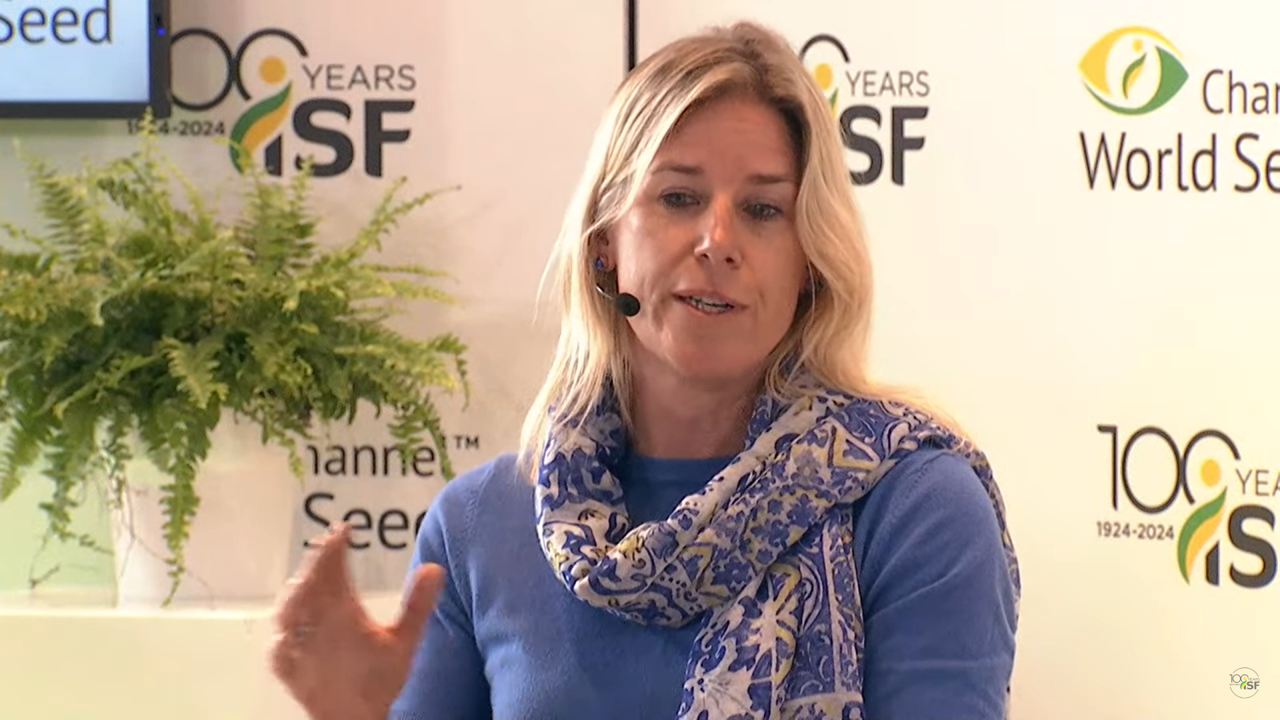
Next, Kim Van Seeters, Senior Policy Officer at the Dutch Ministry of Agriculture, Nature, and Food Quality, stated, "The Convention on Biological Diversity (CBD) was established in 1992. Since then, rapid technological advancements in life sciences and the use of genomic information have increased, leading to expanded research and innovation. This expansion includes the potential addition of genomic information to physical genetic resources. Consequently, discussions have begun on whether the use of genomic information should be subject to Access and Benefit-Sharing (ABS) obligations. Concerns have arisen regarding the Nagoya Protocol contracts, specifically that a bilateral approach may result in reduced benefit-sharing from the use of genetic resources and potential loopholes."
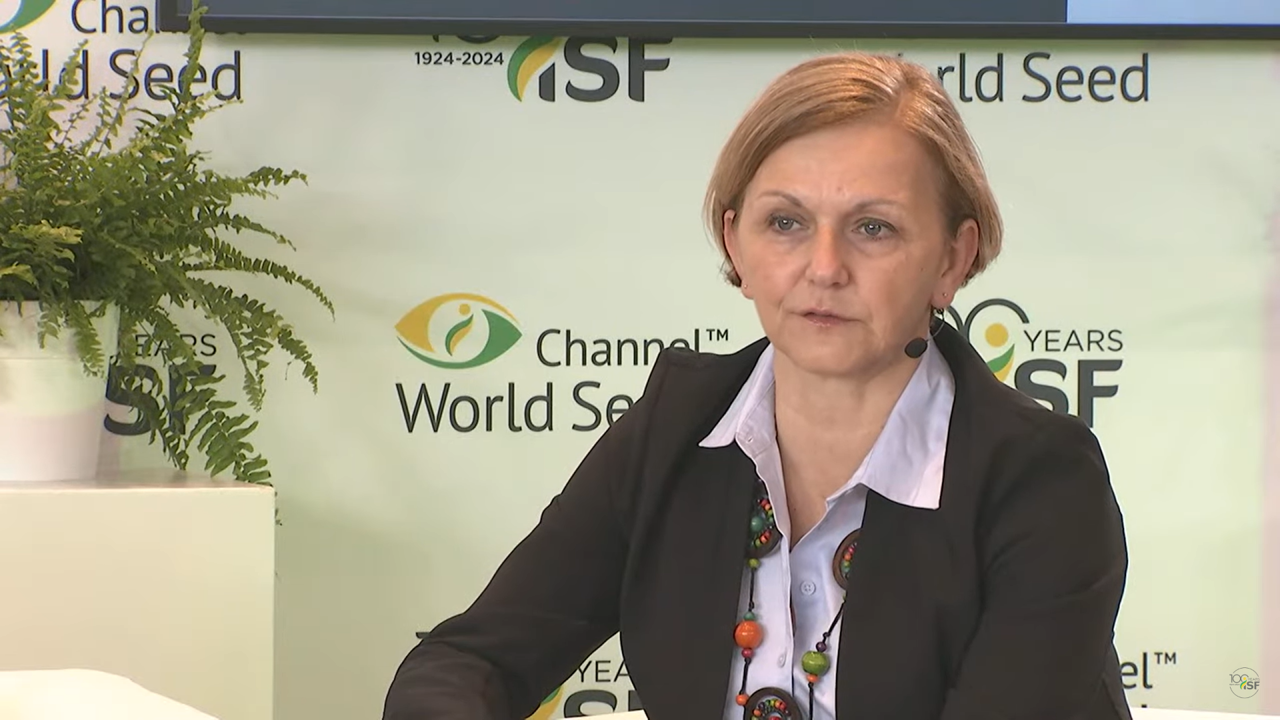
Jasmina Muminovic (Susic), Chair of the ABS Task Force at the International Chamber of Commerce said, "There is no clear definition for Digital Sequence Information. We can discuss genetic sequences such as DNA, RNA, and protein structures. Apart from being a highly technical issue, it is also a significant political discussion. We need to find solutions to address political challenges between the global south and north. There are potential loopholes in the current system, which is designed around physical genetic material, that hinder benefit sharing."
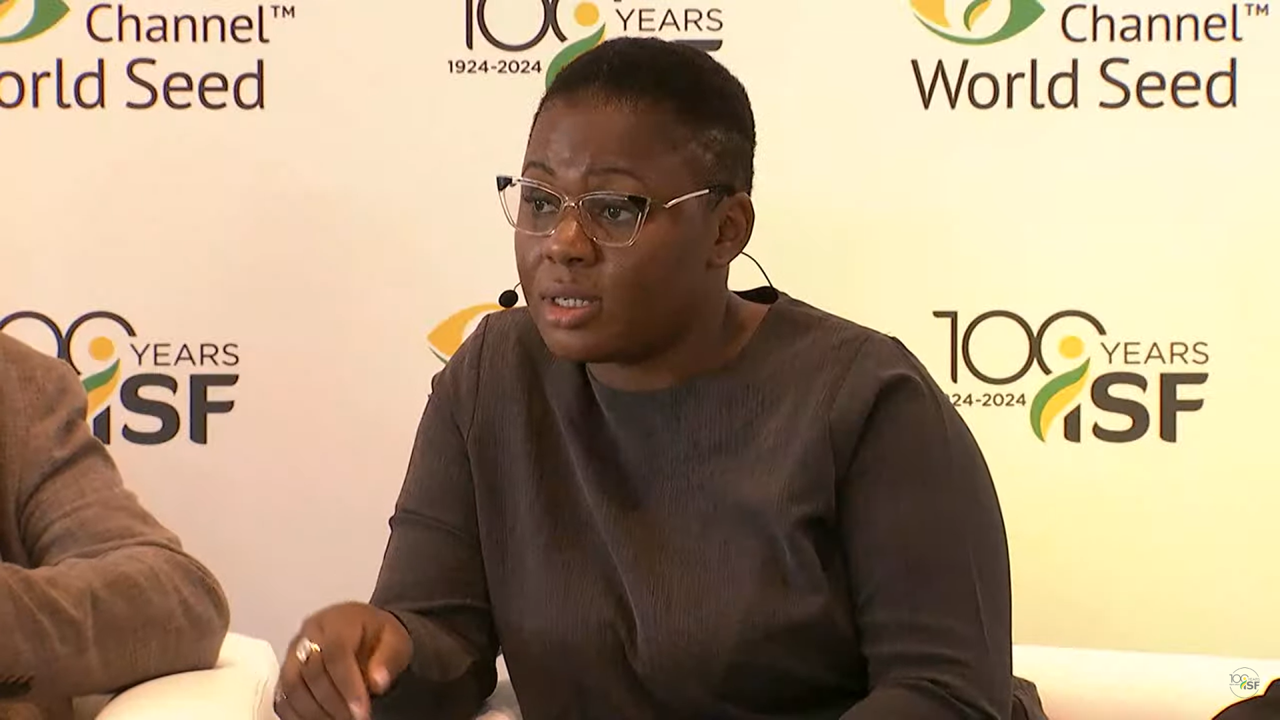
Besides, Lucy Chioma Aniagolu, Founder Agrodemy Technologies and NGIN Ambassador, shared, "Africa holds 60 percent of the world's arable land, yet remains one of the most food-insecure regions due to post-harvest loss. This conversation is vital for me as a young person. Technology like AI enables youth to apply their knowledge and experience in the field. However, we are often less informed than older generations. It's crucial to highlight the benefits so that young people can understand and engage more. For farmers, we must simplify the process to ensure they can easily grasp it."

Following this, key insights from the panel discussion on 'Unlocking the Full Potential of Plant Breeding Innovation Across Frontiers', shed light on cutting-edge advancements and collaborative strategies driving agricultural innovation. Speakers from the public and private sectors explored the multifaceted landscape surrounding genome-edited crops and food, addressing the scientific rationale and regulatory controversies that have influenced global discourse.

During his address, Dan Jenkins, VP Regulatory Affairs, Pairwise, emphasized the transformative work of the six-year-old health-focused food and agriculture company, leveraging CRISPR technology to create valuable new crop varieties. Their innovations aim to enhance food quality, environmental adaptability, and sustainability while addressing complex challenges within the global food system. Jenkins also highlighted their ongoing efforts to increase yield through kernel row editing, underscoring their commitment to utilizing technology to create innovative solutions.
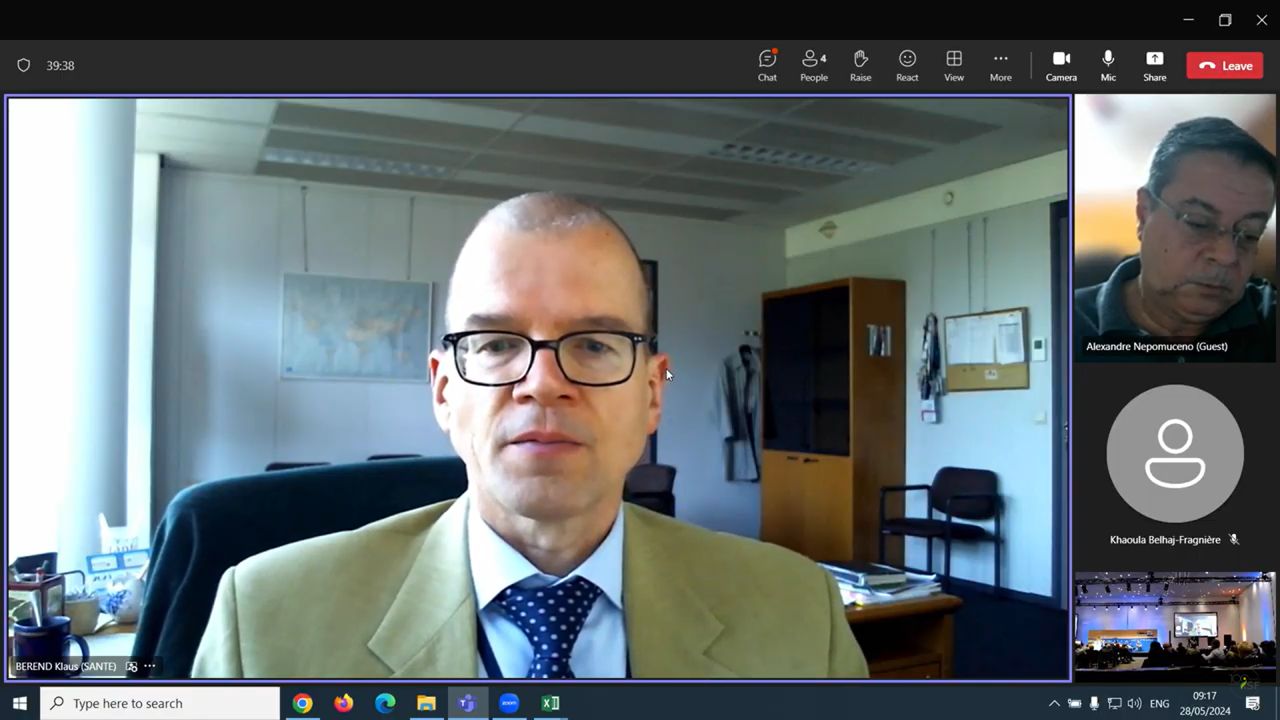
Notably, Klaus Berend, Director DG Health and Food Safety, EU Commission, stated, "The EU seed sector is highly dynamic; focused on innovation and international trade. The production and marketing of seeds and other reproductive materials in Europe are regulated by common rules, requiring that seeds be marketed only with reference to their variety. These seeds must be certified for identity and quality, with the variety registered in the EU common catalog. Any breed developed in a third country can be registered and marketed in the EU."
"Currently, over 44,000 varieties of agricultural and vegetable species are registered for marketing across the European Union. The import of certified seeds into the EU is permitted based on equivalence decisions, granted to third countries following a legislative analysis. The movement of seeds is also subject to plant health requirements, established by WTO rules," he added.
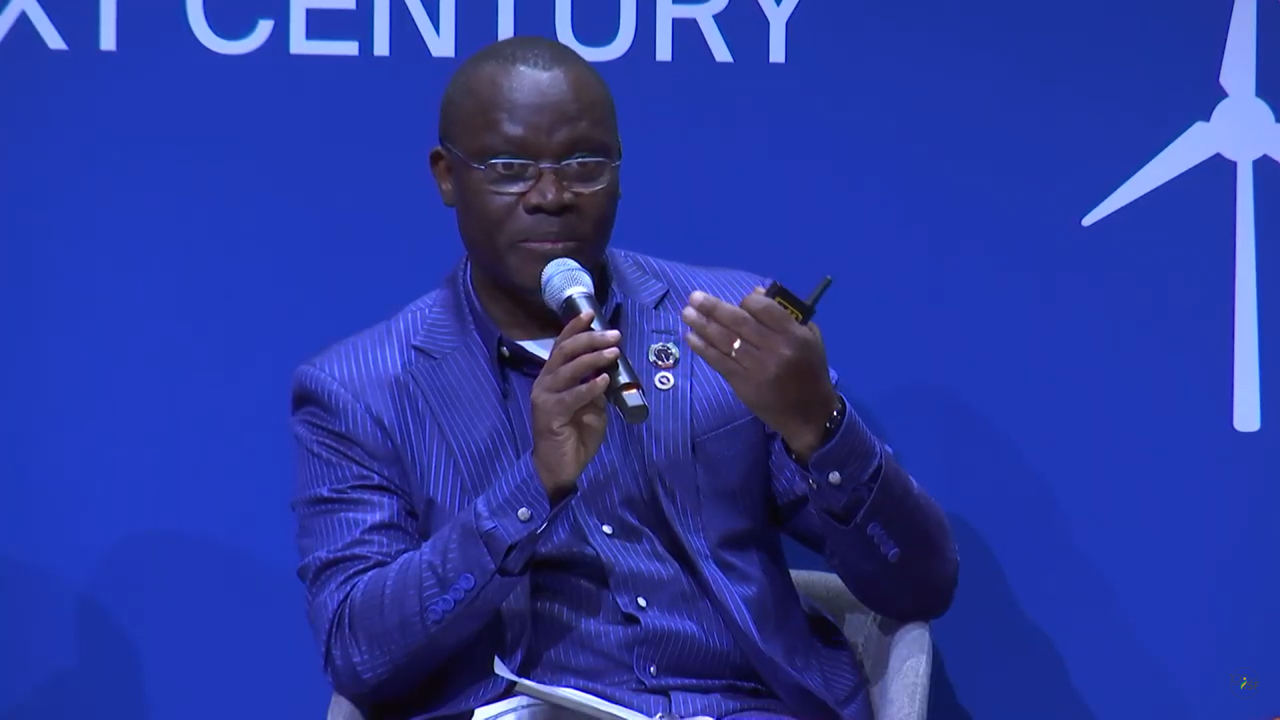
Olalekan Akinbo, Technical Lead - Genome Editing Program, African Union Development Agency – NEPAD (AUDA-NEPAD), highlighted Africa's engagement with genome editing, extending beyond crops to include livestock. He discussed the existence of a regulatory framework governing the use of this technology across the continent, with 55 member states aligning with international conventions and enforcing stringent permit requirements for product entry. Akinbo stressed the importance of integrating genome editing technology, guided by proper guidelines endorsed by ministers and regulatory bodies, to meet the Sustainable Development Goals (SDGs).
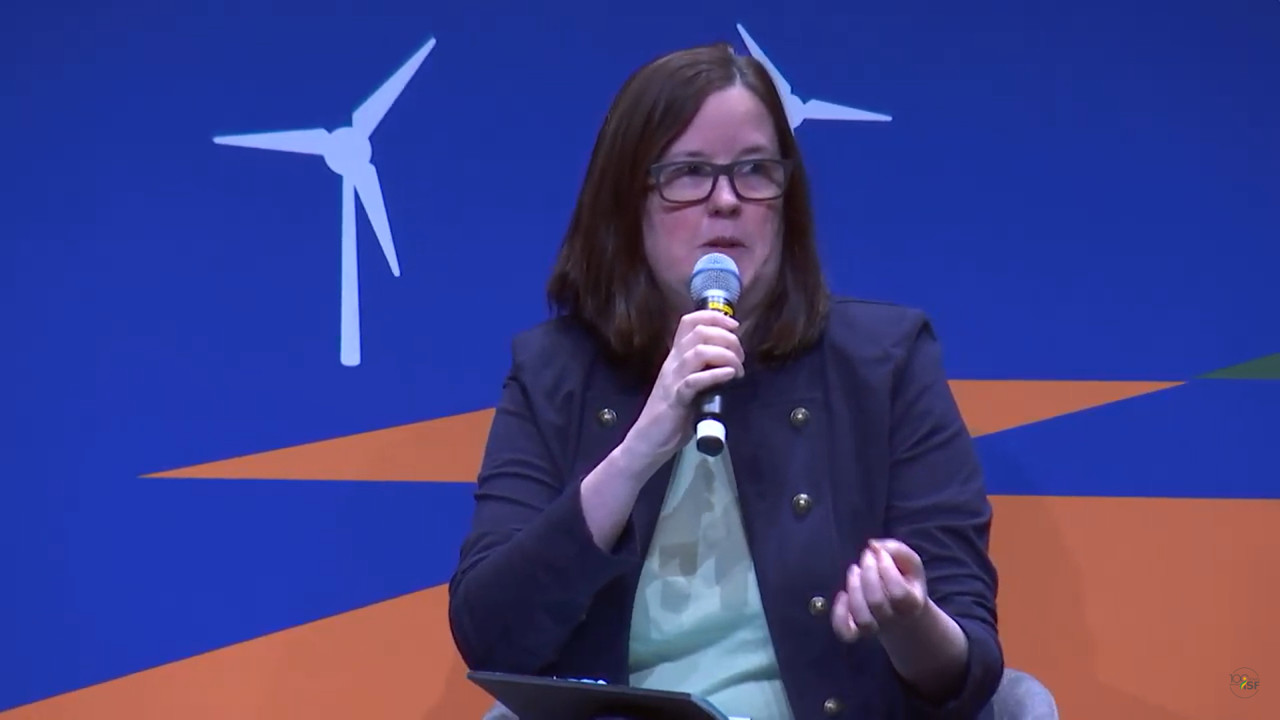
Moreover, Krista Thomas, VP of Trade Policy and Seed Innovation at the Canadian Grain Council, noted the significance of international dynamics in the seed sector, expressing satisfaction as Canada achieves full alignment with ISF regulations. She highlighted Canada's streamlined regulatory approach, stating that plants without foreign DNA no longer require specific regulation. Additionally, she underscored the importance of transparency in the value chain, noting the implementation of a new mechanism in Canada to ensure farmers have clarity when purchasing seeds, regarding whether they are gene-edited or not.
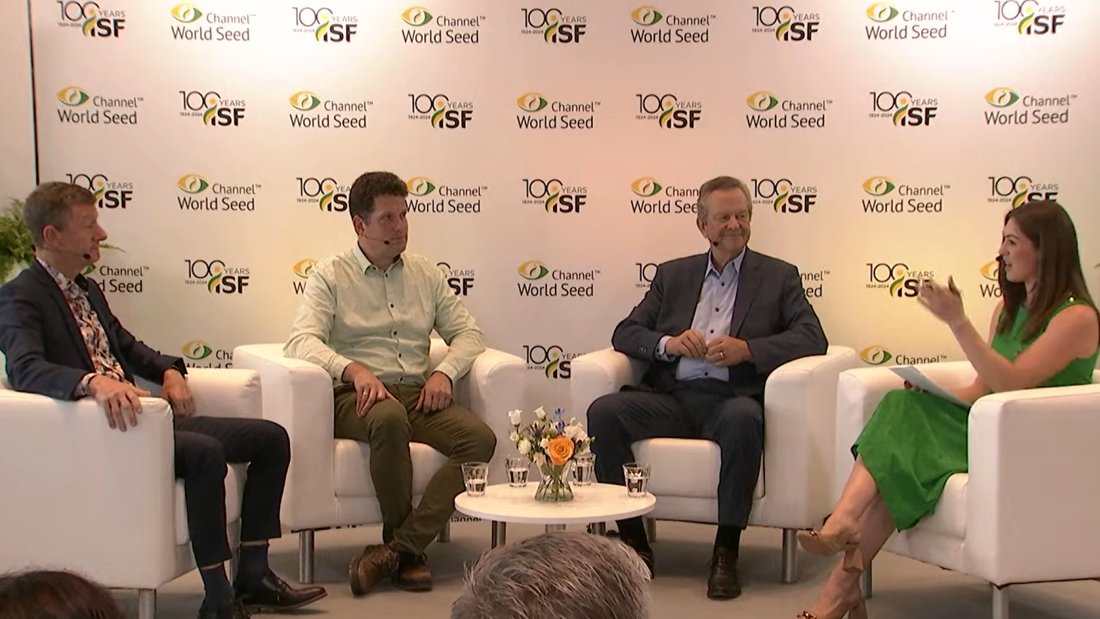
Experts at the “Addressing Microplastics in Seed Treatments” explored various facets of microplastics and suggested solutions. Microplastics in seed treatments and their environmental impact are pressing issues for the seed industry as they intersect with global efforts to reduce microplastic pollution.
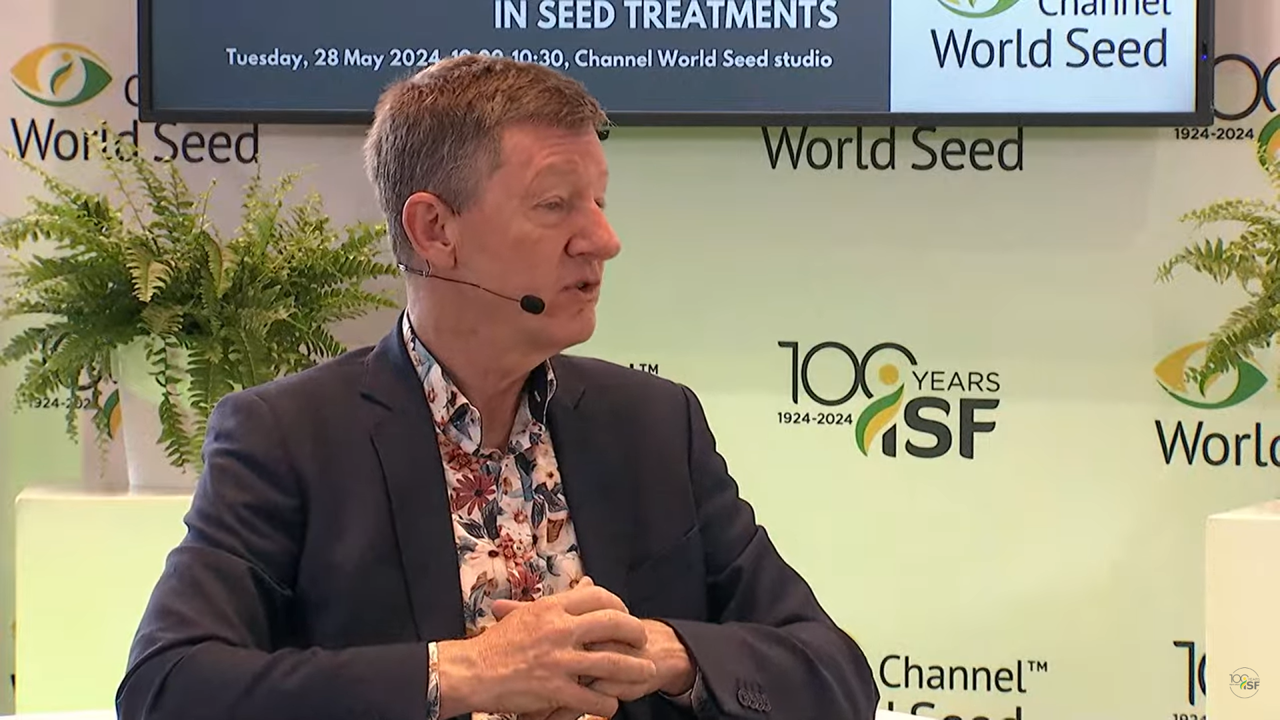
As part of his address, Rob Pronk, Global Marketing Manager at Incotec, stated, "We specialize in enhancing seed quality through advanced seed technology. Our goal is to help the seed industry eliminate microplastics in a sustainable manner as quickly as possible." Defining microplastics, he explained, "Microplastics are tiny synthetic polymers that are insoluble in water and do not degrade." He emphasized the importance of proper seed treatment, "Farmers play a crucial role in applying seed treatment products correctly. It is essential to ensure that microplastics are removed during the seed treatment process to protect both farmers and the environment."
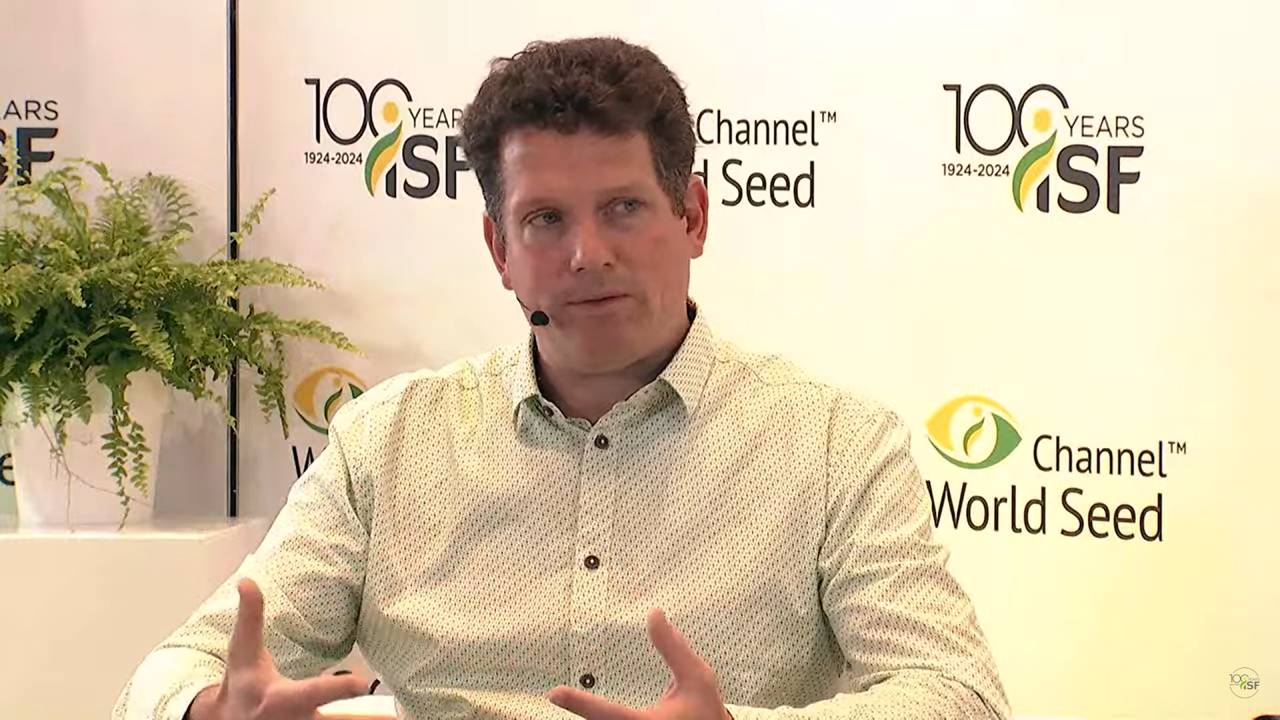
Followed by this, Bert Compaan, Research Manager at BEJO Zaden, stated, "We are conducting research on seed coating and seed testing, recognizing our responsibility to maintain seed health, which directly impacts plant, human, and environmental health. With new regulations emerging, especially in the EU, we must adapt and take action to address these changes. One pressing issue is the problem of microplastics. As a seed company, we need to reassess the importance of our products and implement necessary changes to solve this problem."
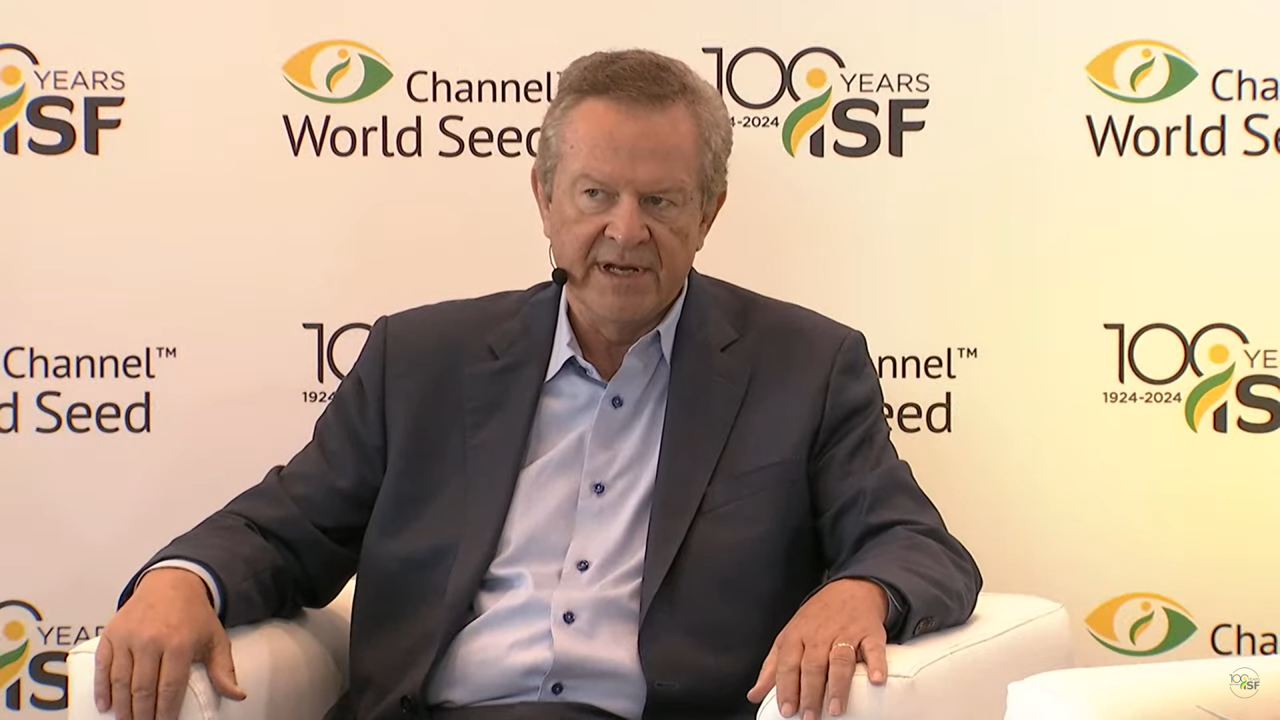
Lastly, Rob Gaffney, Director of Global Marketing Seed Treatment at BASF, stated, "Our role is to introduce products to the market that empower the seed industry and help growers cultivate high-quality, productive crops that help feed the world. We ensure these products adhere to sustainable practices, including efforts to reduce microplastics in seed treatments. The seed industry needs time to become microplastic-free, and all stakeholders—seed suppliers, policymakers, and NGOs—should collaborate to address the issue of microplastics in seed treatments."
The day was characterized by enlightening sessions that provided a comprehensive overview of the seed industry, showcasing diverse global perspectives and insights.
















